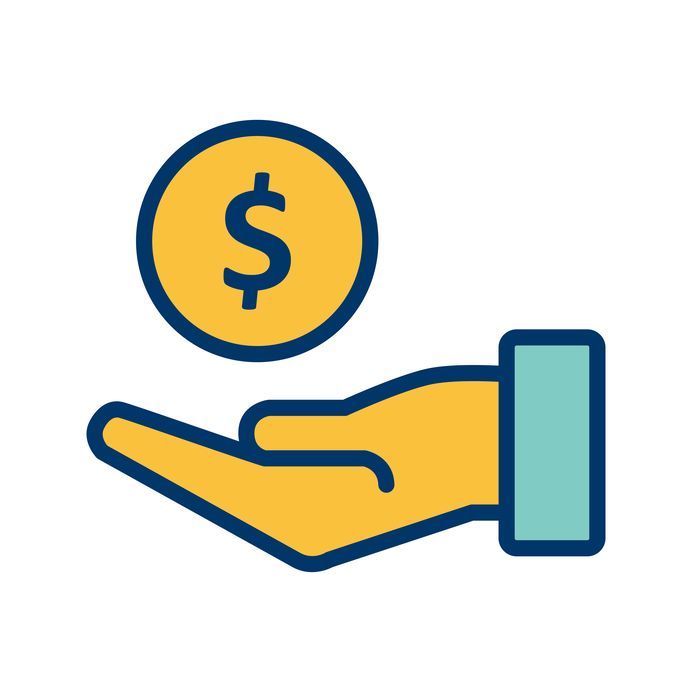We’ve all heard the old story of two friends sitting at a bar and one agrees to loan the other money. They write out an agreement on a napkin for the loan and believe it or not, if the writing on the napkin includes the required terms, it can be a binding promissory note and enforceable in court.
What is a Promissory note?
A promissory note is a legal document that outlines a loan in writing. The document confirms the debt and outlines the manner in which the money is to be paid back; including details such as the due date and interest rate.
What are Promissory notes good for?
The question everyone wonders when they loan money, especially to family or friends, is whether a promissory note is required. Legally, the answer is no. However, the smart answer is, you should always have one; it protects both the lender and borrower. One benefit for the lender includes expedited court proceedings. Some states provide a lender suing on a written instrument for payment of money expedited court proceedings by allowing a plaintiff to commence the action by moving for summary judgment immediately. This means that you don’t need to file a complaint and wait for a response, you can simply demand a judgment based on the note.
But how do you tell a friend or family member that they need to sign a legal document without offending them? They might ask, “don’t you trust me? I’m your friend,” and it can be awkward. However, one simple justification is that loans carry tax consequences and as such you need to have the loan documented in writing in case you are ever audited by the IRS.
While a promissory note is not required, in order for a promissory note to be legally binding there are required components:
- Must be in writing; a promissory note is not a verbal agreement and an oral confirmation is not legally binding.
- A promise to pay money; a promissory note is a promise by a person or entity to pay money to another person or entity. A promise to give property is not a promissory note.
- Specific amount; a promissory note must specify the exact amount to be paid. It may not provide that payment will be “$10,000 along with other amounts owed.” However, a promissory note stating that payment will be “$10,000 along with 6% interest per annum” is valid.
- Due date; a promissory note must specifically state the due date or contain a “payable on demand” clause.
- Signature; the person or entity that is borrowing the money must sign the note, but the lender’s signature is not required.
What are the Elements of a Promissory note?
A promissory note should also go into more detail. A description of the due date and specific amount to be repaid should include when and how often payments are to be made, what happens if there is a late or missed payment, and whether there is any collateral secured by the loan.
A promissory note must be unconditional; once the note is signed, the only event that needs to occur is repayment of the money.
There are also different types of loans, and as such there can be different types of promissory notes. There are secured and unsecured promissory notes. Secured notes simply mean that the terms give the lender a security interest in property owned by the borrower. Typically, mortgages will have a promissory note that is secured by the real property being financed. A promissory note may be secured by real property or personal property. On the other hand, an unsecured loan does not provide the lender with a security interest in any property. As such, if the borrower does not pay, the lender’s only recourse is to file a lawsuit. With a secured note, if the borrower does not repay the money, the lender can take the secured property or foreclose on it.
A promissory note is actually a promise to pay. For example, with mortgages, the mortgage gives the lender a lien on a property, while the note is a promise by the borrower to repay the money. The note, unlike the mortgage, is not recorded in public records but is held by the lender while the loan is outstanding.
Each state also limits the interest rate that can be charged on a loan. Florida caps the interest rate at 18% annually for loans of $500,000 or less, and 25% for loans greater than $500,000. Certain banks and small loan companies also have other rules regarding permissible interest rates. It may also feel wrong to charge interest on loans to family or friends, but the reason for charging interest is to maintain the value of your money against inflation.
As illustrated above in the scenario of the two guys writing a promissory note on a napkin, these notes can be informal. Due to that informality, there may be risks involved, and mistakes can lead to expensive and lengthy litigation.








